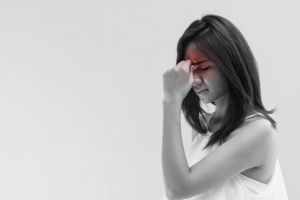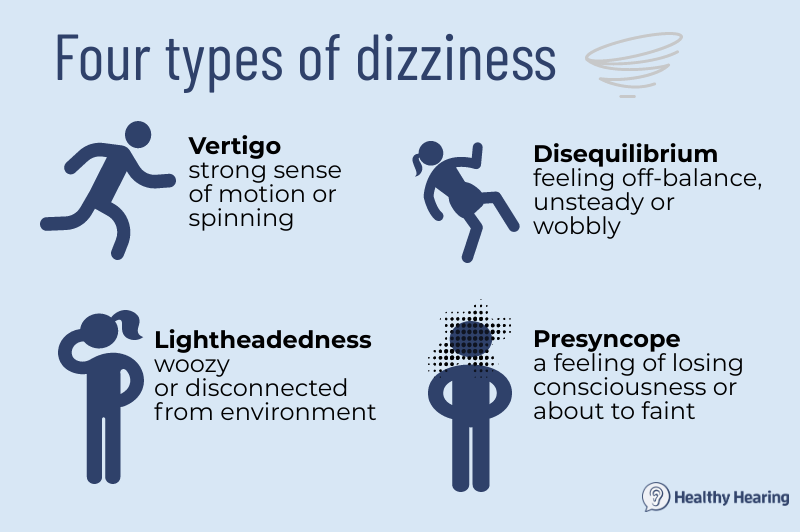[ad_1]
Contributed by Joy Victory, managing editor, Healthy Hearing
Last updated
No. Although both disorders are associated with vertigo, they are not usually related. However, it is possible to have both disorders at the same time. Vertigo is intense dizziness and the feeling that you are spinning or your head is spinning.
Dizziness caused by BPPV

important to find the root cause.
Benign paroxysmal positional vertigo (BPPV) is a common type of vertigo associated with the ears. Most cases of BPPV have an unknown cause. Vertigo from BPPV occurs with specific movements of the head such as lying down, turning the head a certain direction or hanging the head upside down. It can usually be fixed relatively easily with special head and neck exercises.
Dizziness caused by Meniere’s disease
Meniere’s disease is a condition where the membranes and structures within the inner ear contain too much fluid and become distended. Its cause is not well understood, but Meniere’s disease has a classic trio of symptoms: fluctuating hearing loss that’s usually one-sided, vertigo and tinnitus (ringing in the ears).
Some patients also experience a feeling of fullness in the affected ear. Most episodes of vertigo with Meniere’s disease are not related to head position as with BPPV. The attacks can occur without warning any time and can last more than 20 minutes each time. These episodes can bring about severe nausea and vomiting until they subside.
Treatments for each disorder
Many patients with BPPV get relief from physical treatments, such as the Epley maneuver, which involves moving the head in a specific series of positions in an attempt to force the dislodged crystals out of the semicircular canals.
If Meniere’s disease is diagnosed, patients are advised to reduce their salt intake to reduce fluid retention in the inner ear. They may also be given anitbiotics or steroids to treat inflammation, as well as anti-vertigo drugs and diuretics. Hearing loss associated with Meniere’s disease can be corrected with a hearing aid in the affected ear if appropriate.

doctor.
How to take action
If you suffer from vertigo or dizziness, your best course of action is to visit your primary care physician and ask for a referral to an ear, nose and throat specialist (ENT). They are well-equipped to evaluate your symptoms and help bring relief whether you have BPPV, Meniere’s disease or some other disorder. You may also need mental health help, as dealing with a balance disorder or dizziness is known to cause anxiety.
[ad_2]
Source link

